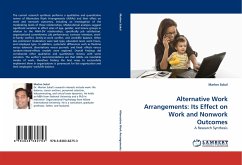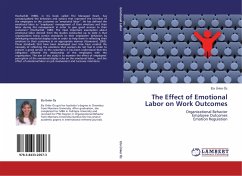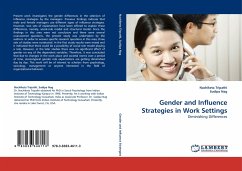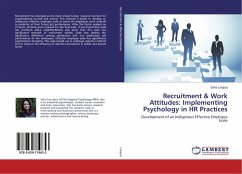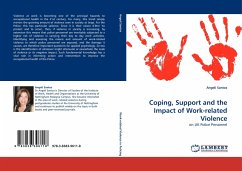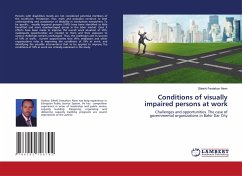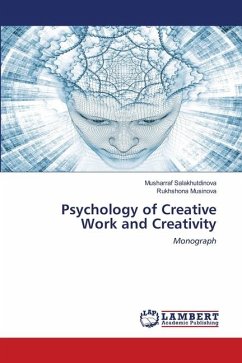The current research synthesis performs a qualitative and quantitative review of Alternative Work Arrangements (AWAs) and their effect on work and nonwork outcomes, including an investigation of the moderating levels of these relationships. Moderational analyses suggest significant variation in effect sizes of age, gender, and tenure groups in relation to the AWA-DV relationships, specifically job satisfaction, organizational commitment, job performance, turnover intention, work-in-family conflict, family-in-work conflict, and work/life balance. Other less prominent moderators were task type, education level, work hours, and employee type. In addition, systematic differences such as flextime versus telework, dissertations versus journals, and fixed- effects versus random-/mixed-effects models were explored. Overall findings did corroborate other qualitative and quantitative reviews with some variation. The author's recommendations are that AWAs are inevitable modes of work, therefore finding the best ways to successfully implement them in organizations is paramount for the organization and their employees' work/life balance.
Bitte wählen Sie Ihr Anliegen aus.
Rechnungen
Retourenschein anfordern
Bestellstatus
Storno

